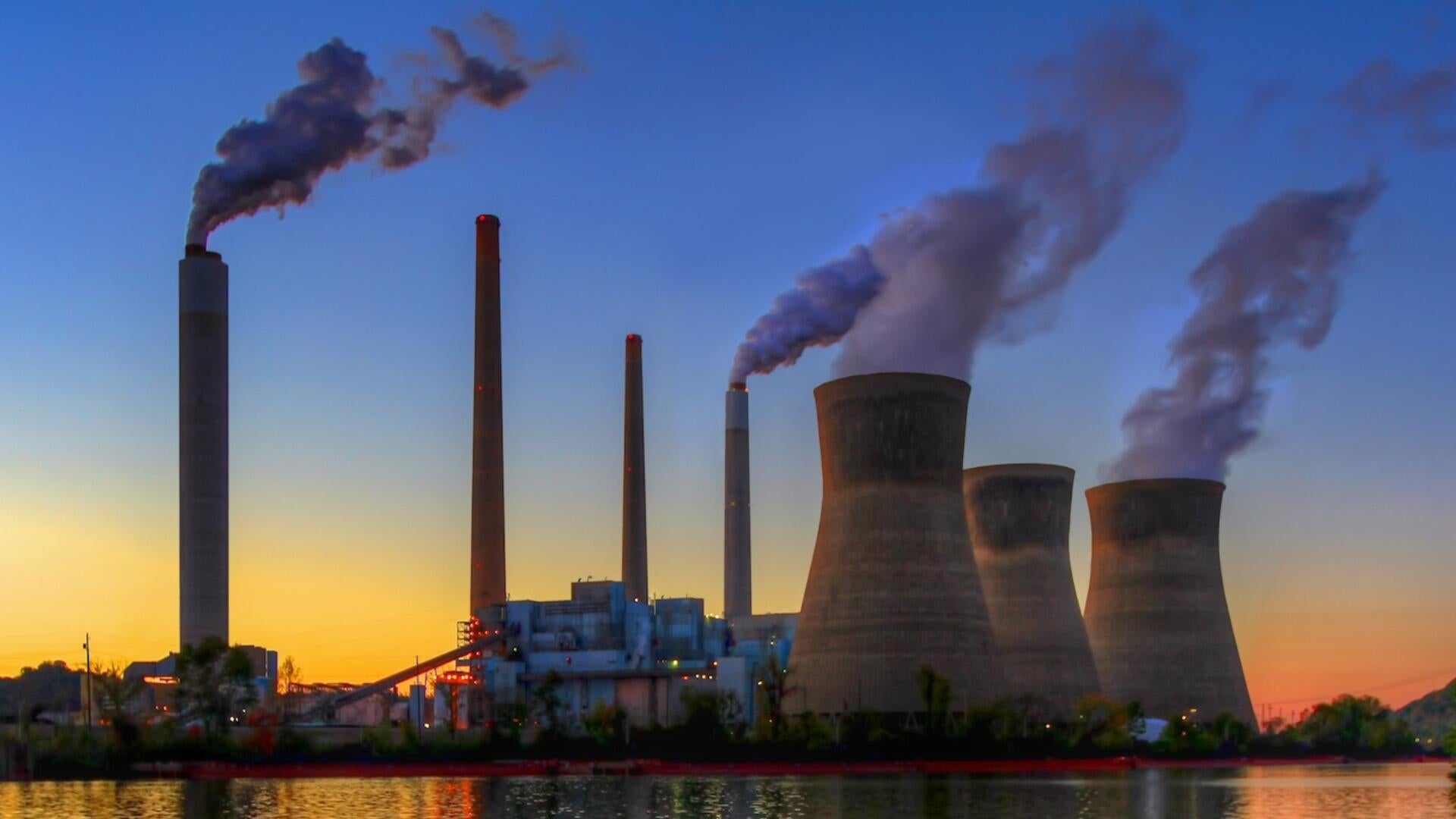More than 85 climate experts say Energy Department report on greenhouse gases is "full of errors"
An international group of more than 85 climate experts on Tuesday published a 439-page review arguing that a report by the Trump administration's Energy Department fails to "adequately represent the current scientific understanding of climate change," and it "exhibits pervasive problems" by misrepresenting scientific literature and cherry-picking data.
The Department of Energy's 151-page report, "A Critical Review of Impacts of Greenhouse Gas Emissions on the U.S. Climate," was written by five authors who were hand-selected by Energy Secretary Chris Wright, a former fossil fuel executive. It included a controversial conclusion that "carbon dioxide-induced warming appears to be less damaging economically than commonly believed," and it states that "aggressive mitigation strategies" to address greenhouse gas emissions "could be more harmful than beneficial" — a statement that supports the oil and gas industry.
"Climate change is real, and it deserves attention. But it is not the greatest threat facing humanity," Wright said in a statement supporting the report's publication and conclusions.
In August, environmental groups and independent scientists sued the Energy Department over the report, arguing the way it was written and produced violated transparency laws. Tuesday's review is the latest in a series of actions climate experts have taken to tackle the Energy report that they say is an insult to climate and environmental science.
"Climate science is probably one of the most robust and scrutinized scientific fields in the history of science because of the economic implications," said Andrew Dessler, director of the Texas Center for Extreme Weather at Texas A&M University, who felt the report made "a mockery of science."
He immediately expressed his frustration on social media and discovered he wasn't the only one upset by the report.
"I can't tell you how many people looked at this and agreed with me that this was a mockery and we needed to respond to it," Dessler told CBS News.
In less than a month, Dessler helped organize more than 85 international climate experts, mostly from universities, from the United States, Europe, Asia, Australia and Canada, who voluntarily reviewed the DOE report and found that it was "full of errors," "biased" and "not fit to inform policy."
They have submitted their response to the DOE, which provided a 30-day window for public comment on the report. As of Sept. 1, there were more than 2,333 comments submitted.
Asked about the criticism, the Department of Energy told CBS News in a statement, "Unlike previous administrations, the Trump administration is committed to engaging in a more thoughtful and science-based conversation about climate change and energy. Following the public comment period, we look forward to reviewing and engaging on substantive comments."
"We have no idea what they're gonna do with the comments," said Dessler, "They're never going to convince people that carbon dioxide isn't important, but what they want to do is create doubt."
Dessler and his colleagues are not the only ones who are concerned about the DOE report and its findings. The American Meteorological Society also published its own response, finding "five foundational flaws" that it says "places the report at odds with scientific principles and practices."
The review spends the majority of the 439 pages outlining the list of errors experts found, which Dessler described as, "selectively" citing scientific literature, saying, "How can you provide a respectable view of science when you don't know what the literature says, you're not reading it, you're not citing it ... and you're not giving the right context."
But some critics say the report by the DOE is representative of a larger trend in the federal government under the Trump administration to organize selective committees that publish reports, which are politically advantageous to support policy decisions.
"It's clear that this administration wants to take control, at the political level, of the scientific process of the government," said Dr. John Balbus, who was formerly at the Department of Health and Human Services as Deputy Assistant Secretary for Climate Change and Health Equity.
Balbus points to a similar playbook occurring at HHS around vaccines and political appointees relying on questionable opinions and misrepresentations of scientific reports to come to a conclusion that vaccines cause more harm than good, "Which is a ludicrous and completely unsubstantiated assertion," he says.
Although the Trump administration has fired thousands of scientists and experts across several government agencies, many have regrouped in the private sector to launch coordinated responses to counter the misinformation they perceive is being broadcast by the federal government.
Last month, several major health organizations issued their own guidelines on COVID-19 vaccines, including the American Academy of Pediatrics, which runs counter to the recommendation by the Centers for Disease Control and Prevention.
In May, after President Trump fired 400 scientists who were working to publish the nation's major quadrennial report on the impacts of climate change in the U.S., two scientific groups announced a plan to publish a special collection focused on the subject to ensure the scientists' work can be accessed.
In addition to these efforts, many federal employees that remain with agencies have taken the risk of signing letters to Congress to express their concerns about changes in policy, including members of Health and Human Services and the Environmental Protection Agency, both of which have faced retaliation for these efforts.
"When you see nearly a thousand public servants risking their livelihoods to alert the public that senior officials cannot be trusted, that is a clear warning," said Balbus, who believes these individuals will continue to sustain their fight against misinformation, as long as they're allowed to.
